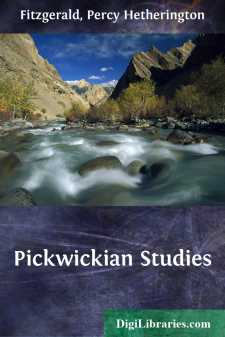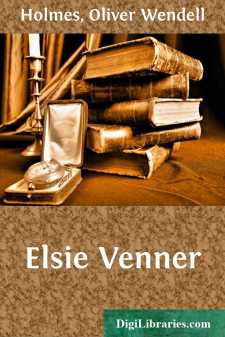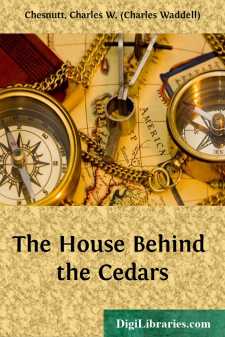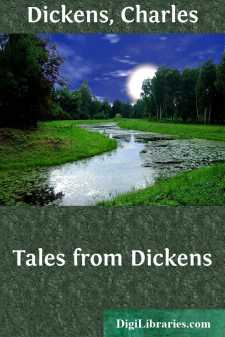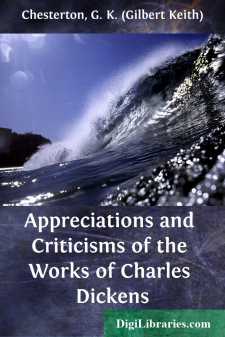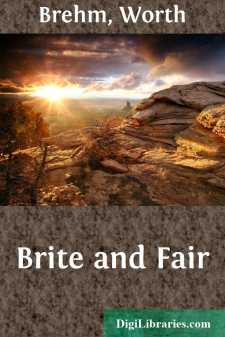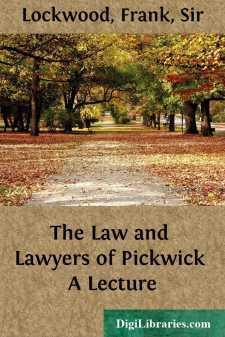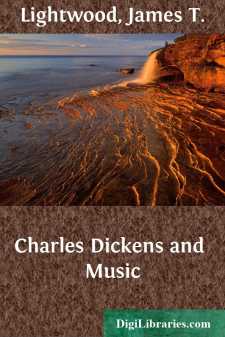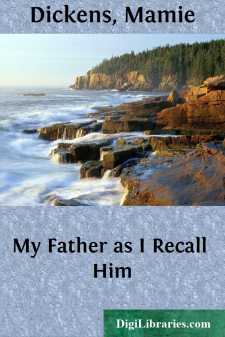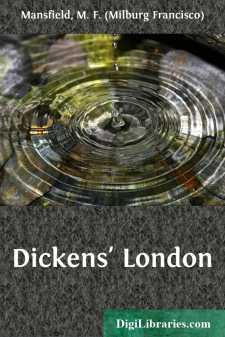Categories
- Antiques & Collectibles 13
- Architecture 36
- Art 48
- Bibles 22
- Biography & Autobiography 813
- Body, Mind & Spirit 142
- Business & Economics 28
- Children's Books 13
- Children's Fiction 10
- Computers 4
- Cooking 94
- Crafts & Hobbies 4
- Drama 346
- Education 46
- Family & Relationships 57
- Fiction 11828
- Games 19
- Gardening 17
- Health & Fitness 34
- History 1377
- House & Home 1
- Humor 147
- Juvenile Fiction 1873
- Juvenile Nonfiction 202
- Language Arts & Disciplines 88
- Law 16
- Literary Collections 686
- Literary Criticism 179
- Mathematics 13
- Medical 41
- Music 40
- Nature 179
- Non-Classifiable 1768
- Performing Arts 7
- Periodicals 1453
- Philosophy 64
- Photography 2
- Poetry 896
- Political Science 203
- Psychology 42
- Reference 154
- Religion 513
- Science 126
- Self-Help 84
- Social Science 81
- Sports & Recreation 34
- Study Aids 3
- Technology & Engineering 59
- Transportation 23
- Travel 463
- True Crime 29
Sort by:
CHAPTER I. IPSWICH I.—The Great White Horse This ancient Inn is associated with some pleasant and diverting Pickwickian memories. We think of the adventure with “the lady in the yellow curl papers” and the double-bedded room, just as we would recall some “side splitting” farce in which Buckstone or Toole once made our jaws ache. As all the world knows, the “Great White Horse” is...
more...
CHAPTER I. THE BRAHMIN CASTE OF NEW ENGLAND. There is nothing in New England corresponding at all to the feudal aristocracies of the Old World. Whether it be owing to the stock from which we were derived, or to the practical working of our institutions, or to the abrogation of the technical "law of honor," which draws a sharp line between the personally responsible class of "gentlemen"...
more...
A STRANGER FROM SOUTH CAROLINA Time touches all things with destroying hand; and if he seem now and then to bestow the bloom of youth, the sap of spring, it is but a brief mockery, to be surely and swiftly followed by the wrinkles of old age, the dry leaves and bare branches of winter. And yet there are places where Time seems to linger lovingly long after youth has departed, and to which he seems...
more...
by:
Charles Dickens
CHARLES DICKENS Charles John Huffham Dickens, the master story-teller, was born in Landport, England, February 7, 1812. His father was a clerk in one of the offices of the Navy, and he was one of eight children. When he was four years old, his father moved to the town of Chatham, near the old city of Rochester. Round about are chalk hills, green lanes, forests and marshes, and amid such scenes the...
more...
INTRODUCTION These papers were originally published as prefaces to the separate books of Dickens in one of the most extensive of those cheap libraries of the classics which are one of the real improvements of recent times. Thus they were harmless, being diluted by, or rather drowned in Dickens. My scrap of theory was a mere dry biscuit to be taken with the grand tawny port of great English comedy; and...
more...
by:
Worth Brehm
BRITE AND FAIR June 2th, 186—-sunday nite. i have been to chirch and sunday school today, not to the unitarial. we are going to the congrigasional now becaus Keene and Cele are singing in the quire. so we go there. i had ruther go to the unitarial becaus Beany and Pewt go there. Beany blows the organ and sumtimes he peeks out behine the organ and maiks a feerful face and maiks everybody laff. once...
more...
by:
Frank Lockwood
Sir Charles Russell: I stand but for a single instant between you and our friend, Mr. Lockwood. He needs no introduction here; but I am sure I may in your name bid him a hearty welcome. Mr. Frank Lockwood: Mr. Attorney-General, Ladies and Gentlemen—It is some little time ago that I was first asked whether I was prepared to deliver a lecture. Now I am bound at the outset to confess to you that...
more...
CHAPTER I The attempts to instil the elements of music into Charles Dickens when he was a small boy do not appear to have been attended with success. Mr. Kitton tells us that he learnt the piano during his school days, but his master gave him up in despair. Mr. Bowden, an old schoolfellow of the novelist's when he was at Wellington House Academy, in Hampstead Road, says that music used to be...
more...
by:
Mamie Dickens
CHAPTER I. Seeing “Gad’s Hill” as a child.—His domestic side and home-love.—His love of children.—His neatness and punctuality.—At the table, and as host.—The original of “Little Nell.” If, in these pages, written in remembrance of my father, I should tell you my dear friends, nothing new of him, I can, at least, promise you that what I shall tell will be told faithfully, if...
more...
This book is for the lover of Dickens and of London, alike. The former without the memory of the latter would indeed be wanting, and likewise the reverse would be the case. London, its life and its stones, has ever been immortalized by authors and artists, but more than all else, the city has been a part of the very life and inspiration of those who have limned its virtues, its joys, and its...
more...


